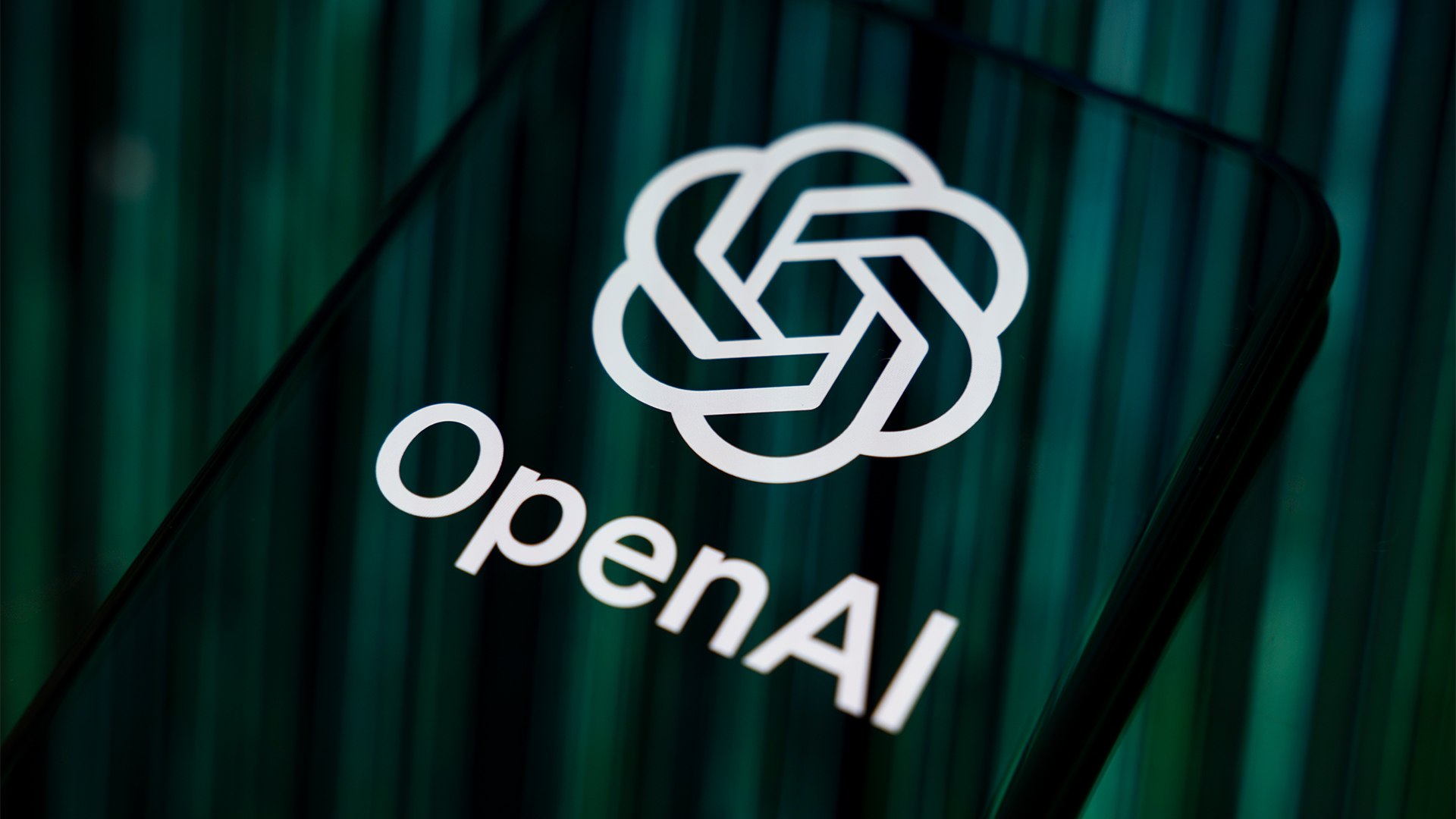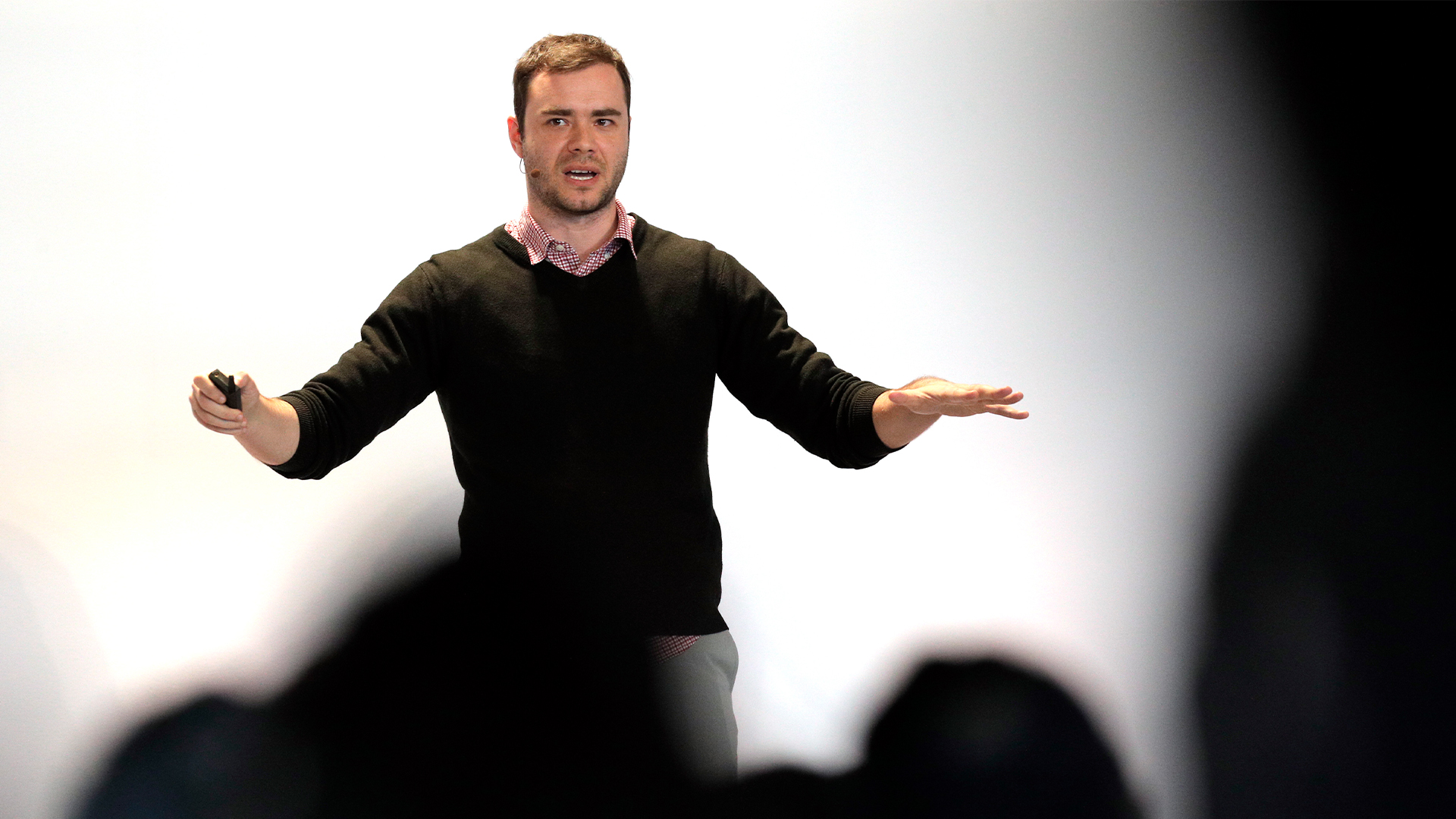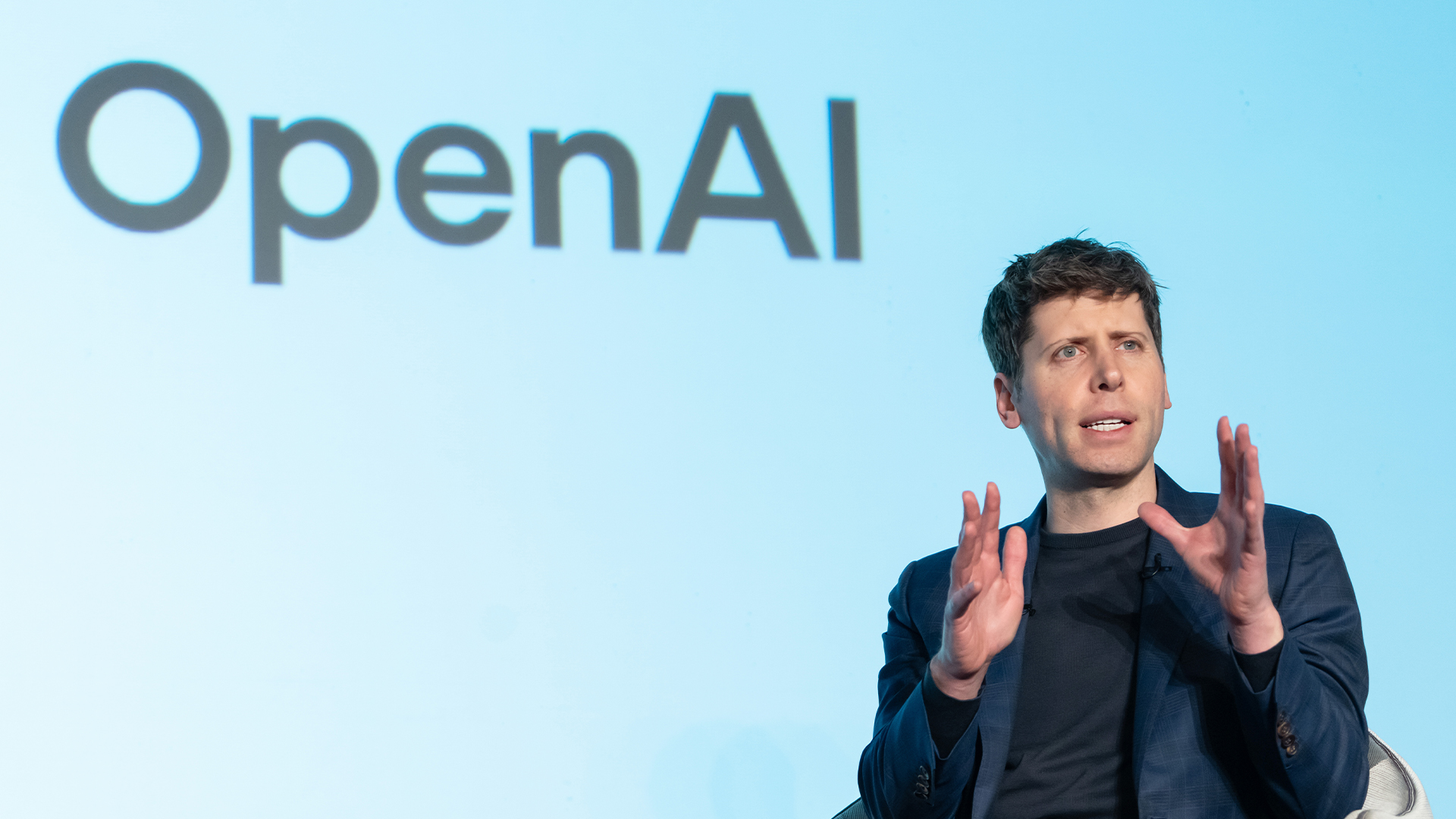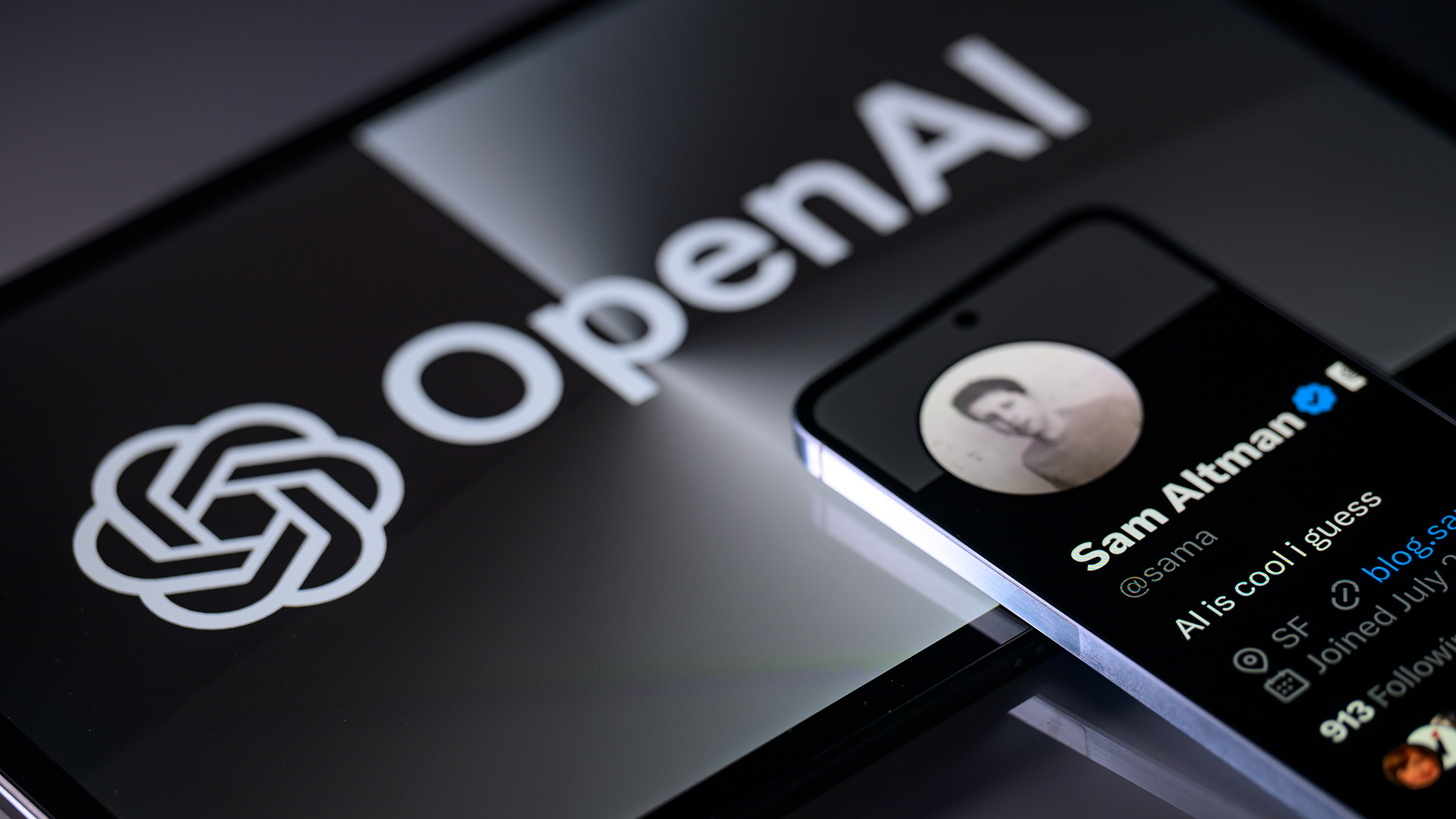OpenAI woos UK government amid consultation on AI training and copyright
While copyright holders are up in arms about government proposals, OpenAI says giving it broad access will be good for the UK economy


OpenAI is fighting back against the UK government's proposals on how to handle AI training and copyright.
The government's 'preferred option' is to change current copyright law to allow AI firms to use public content for commercial training purposes without permission from the rights holders, unless those rights holders specifically opt out.
The proposals, which form part of the Data (Use and Access) Bill, are seen as deeply unfair by rights holders - but AI firms think they don't go far enough.
OpenAI said in its response to the public consultation that it wants to see text and data mining exempted from any opt-out.
It's the only way the UK can build on its current AI potential, the firm said, claiming that a broad text and data mining (TDM) exception could address specific rights holder concerns - and even create new opportunities for them.
Similarly, the tech giant warned that opt-out systems haven't worked well in the EU.
"In the EU, the lack of clear and scalable technical standards has created uncertainty about what opt-out methods are workable and valid, causing uncertainty for both AI companies and rightsholders," it said.
Sign up today and you will receive a free copy of our Future Focus 2025 report - the leading guidance on AI, cybersecurity and other IT challenges as per 700+ senior executives
"In contrast, the US approach has sustained American leadership in earlier technological waves and now AI. The UK has a rare opportunity to cement itself as the AI capital of Europe by making choices that avoid policy uncertainty, foster innovation, and drive economic growth."
Needless to say, other firms are taking a similar stance.
"Regulators should avoid heavy-handed blanket requirements such as authors always giving permissions in advance. It is hardly possible in practice and would only make AI companies turn away from the UK and the EU," said Denas Grybauskas, chief governance and strategy officer at Oxylabs.
"Thus, the regulation should fairly balance the interests of AI developers and copyright holders in order to honor their rights without sabotaging AI innovation."
The proposals are also in line with recommendations from the Tony Blair Institute For Global Change think tank, which last week released a report claiming there are “better ways of supporting the creative industries in the digital age than through restrictive copyright laws for AI-model training”.
Creatives hit back over copyright concerns
Authors, though, are up in arms. There were protests outside Meta's Kings Cross headquarters last week, for example, after it was claimed that the firm had mined millions of books for its AI training.
The organizers, the Society of Authors, are calling for an urgent meeting with secretary of state for culture, media and sport, Lisa Nandy, describing the proposals as "the biggest wholesale attack on British books in history".
The government is expected to publish its response to the consultation by October.
Culture minister Sir Chris Bryant told MPs this week, "Anything that we do in relation to AI and copyright will only proceed if we can make sure that there is more control and more remuneration for the creative industries at the end of it, rather than less".
MORE FROM ITPRO
Emma Woollacott is a freelance journalist writing for publications including the BBC, Private Eye, Forbes, Raconteur and specialist technology titles.
-
 DeepSeek rocked Silicon Valley in January 2025 – one year on it looks set to shake things up again with a powerful new model release
DeepSeek rocked Silicon Valley in January 2025 – one year on it looks set to shake things up again with a powerful new model releaseAnalysis The Chinese AI company sent Silicon Valley into meltdown last year and it could rock the boat again with an upcoming model
-
 OpenAI says prompt injection attacks are a serious threat for AI browsers – and it’s a problem that’s ‘unlikely to ever be fully solved'
OpenAI says prompt injection attacks are a serious threat for AI browsers – and it’s a problem that’s ‘unlikely to ever be fully solved'News OpenAI details efforts to protect ChatGPT Atlas against prompt injection attacks
-
 OpenAI says GPT-5.2-Codex is its ‘most advanced agentic coding model yet’ – here’s what developers and cyber teams can expect
OpenAI says GPT-5.2-Codex is its ‘most advanced agentic coding model yet’ – here’s what developers and cyber teams can expectNews GPT-5.2 Codex is available immediately for paid ChatGPT users and API access will be rolled out in “coming weeks”
-
 OpenAI turns to red teamers to prevent malicious ChatGPT use as company warns future models could pose 'high' security risk
OpenAI turns to red teamers to prevent malicious ChatGPT use as company warns future models could pose 'high' security riskNews The ChatGPT maker wants to keep defenders ahead of attackers when it comes to AI security tools
-
 Some of the most popular open weight AI models show ‘profound susceptibility’ to jailbreak techniques
Some of the most popular open weight AI models show ‘profound susceptibility’ to jailbreak techniquesNews Open weight AI models from Meta, OpenAI, Google, and Mistral all showed serious flaws
-
 'It's slop': OpenAI co-founder Andrej Karpathy pours cold water on agentic AI hype – so your jobs are safe, at least for now
'It's slop': OpenAI co-founder Andrej Karpathy pours cold water on agentic AI hype – so your jobs are safe, at least for nowNews Despite the hype surrounding agentic AI, OpenAI co-founder Andrej Karpathy isn't convinced and says there's still a long way to go until the tech delivers real benefits.
-
 OpenAI signs another chip deal, this time with AMD
OpenAI signs another chip deal, this time with AMDnews AMD deal is worth billions, and follows a similar partnership with Nvidia last month
-
 OpenAI signs series of AI data center deals with Samsung
OpenAI signs series of AI data center deals with SamsungNews As part of its Stargate initiative, the firm plans to ramp up its chip purchases and build new data centers in Korea


